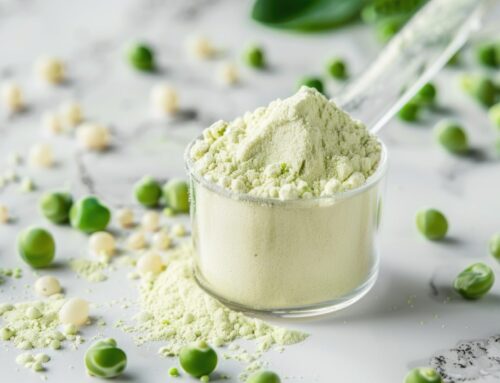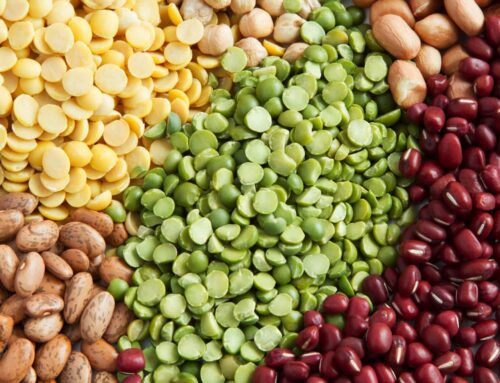Turning Point for Colorants: Natural Alternatives Are Gaining Momentum
Last week, the U.S. health authorities and the FDA announced their intention to ban eight artificial food colorants by the end of next year. This decision has drawn significant attention within the Food & Beverage industry.
Growing Demand for Natural Colorants
Focus is now shifting to manufacturers of natural colorants: both regulatory bodies and consumers are increasingly demanding products with short, transparent ingredient lists. Awareness of the origin and processing of raw materials is growing significantly and increasingly influences purchasing decisions.
Natural colorants derived from fruits, vegetables, and plants have been trending for years. They support companies in building clean-label strategies, promote sustainability, and align with current regulatory developments.
The Challenge: Stability, Intensity, and Consistency
As desirable as natural color formulations are, they also present new challenges for food manufacturers: stability, color intensity, and consistency must be maintained without the use of synthetic additives.
A key technology for achieving brilliant and stable colors is micronization. This process reduces colorants to a particularly fine particle size, offering numerous advantages for product quality.
The Benefits of Micronized Colors at a Glance:
- Uniform Color Distribution: Due to the fine particle size, colorants adhere better to other ingredients, resulting in homogeneous color effects in the final product.
- Enhanced Color Perception: Uncolored particles become nearly invisible – leading to a more intense and consistent color appearance at the same dosage level.
- Cost Efficiency: Improved effectiveness allows for a reduced dosage, leading to lower raw material costs.
- Avoidance of Streaking and “Bleeding”: Especially in powders, blends, and liquids, micronization ensures an even and stable appearance.
In short: Those looking to develop natural, clean-label products don’t have to sacrifice vibrant, intense colors. Micronized colors offer the solution – without additives and without E-numbers.
Micronization is establishing itself as a key technology for the next generation of natural color solutions.
It enables manufacturers to combine the highest standards of product quality, naturalness, and efficiency – creating a decisive competitive advantage in the dynamic Food & Beverage market.

Your Partner for Natural Colorants: Heiss MSP
As an experienced contract manufacturer, Heiss MSP has been supporting colorant producers and food manufacturers for years by processing raw materials such as red radish, black carrot, or beetroot into high-performance color solutions.
Would you like to harness the power of natural colors for your products? Get in touch with us – together, we will create new dimensions of color for the Food & Beverage industry!






Leave A Comment